The term Hypermenorrhea indicates excessively heavy menstruation. This leads to a significantly increased loss of blood and an additional loss of tissue. The causes lie in changes in the reproductive organs or other mental and physical illnesses. Hypermenorrhea can be treated differently depending on the individual reason for the symptoms.
What is hypermenorrhea?

© Алёна Игдеева - stock.adobe.com
Under one Hypermenorrhea Experts understand an excessively heavy loss of menstruation. On average, women lose up to 150 milliliters of blood during their period. If this amount is in some cases significantly exceeded, doctors speak of hypermenorrhea. This also applies if more than five sanitary towels are used daily or a tampon soaks up in less than two hours that it has to be changed.
The secretion of larger blood clots (blood clots) can also be a sign of increased menstrual bleeding. Hypermenorrhea can or does not have to be accompanied by period pain and other symptoms. If particularly heavy bleeding occurs, which lasts for several days, the quality of life can be significantly impaired.
The causes of hypermenorrhea are mostly of an organic nature and are thus a symptom of an underlying disease or a tissue change. Under certain circumstances, however, severe stress can also lead to unusually heavy bleeding.
causes
In up to 80 percent of cases, hypermenorrhea is caused by an organic change in the reproductive organs. These can be benign myomas (tumors) or polyps in the uterus or an inflammation of the organ, but the fallopian tubes can also be affected by endometriosis (growths) or inflammation of the fallopian tubes.
Serious conditions such as uterine cancer can also lead to increased menstrual bleeding. For some women, however, the contraceptive is also responsible for the symptoms. The IUD in particular can have a direct influence on the strength of menstruation. If the patient has a hormonal disorder in which, for example, too little progestin is produced or not present, the hypermenorrhea can also be due to this.
Under certain circumstances, other causes outside the reproductive organs can also be identified as the cause. Extreme stress or a general bleeding disorder can cause increased menstrual bleeding.
Symptoms, ailments & signs
Hypermenorrhea manifests itself primarily through significantly increased menstruation, during which the patient has to change her hygiene articles very often. Sanitary napkins and tampons are soaked after just a few hours and can sometimes hardly withstand the amount of blood. It is not uncommon for larger blood and tissue clots to be found in the blood, which also come off with the urine when using the toilet.
Pain, abdominal cramps and other typical menstrual cramps can occur in this context; however, hypermenorrhea can occur independently of other symptoms. If very heavy bleeding occurs over a period of several days, the patient may suffer from circulatory problems and temporary anemia (anemia). This can also result in a lack of red blood cells.
Diagnosis & course of disease
The diagnosis of hypermenorrhea is comparatively easy and can usually be recognized by the patient herself. If a gynecologist is consulted, he or she will conduct an ultrasound examination in addition to a detailed discussion in order to identify or rule out any changes or inflammation of the genital organs.
An internist may have to be called in to clarify the cause if it cannot be found in the gynecological area. The course of hypermenorrhea or the underlying disease depends on its type. They all require medical treatment because particularly serious diseases can lead to infertility or even a life-threatening condition.
Complications
In most cases, hypermenorrhea causes not only physical but also psychological complaints in the patient. The woman experiences increased monthly bleeding, which can also be associated with severe pain. The affected person suffers from severe cramps in the area of the abdomen.
The urine can also be discolored red. The hypermenorrhea severely limits the quality of life for a short time. Circulatory problems continue to occur if the person loses too much blood. In the worst case scenario, this can lead to a loss of consciousness. As a rule, hypermenorrhea also has a negative effect on the patient's psyche and can thus lead to mood swings and general irritability.
In this case, the partner may also suffer from psychological complaints. There are no further complications with the treatment itself. This usually takes place with the help of medication. If it is a tumor, it can be removed. However, complications can arise here if the tumor has already spread to other parts of the body.
When should you go to the doctor?
In the case of hypermenorrhea, a doctor should be consulted to clarify the cause if it occurs once. Blood loss is not a problem with normal menstrual bleeding, but can lead to sciatic problems if it is much higher and exceeds the healthy level. It can of course happen that a menstrual period turns out to be heavier than usual, that's not a cause for concern. But if this happens more often or even regularly, then the cause should be clarified in the long term. An indication of the need for a doctor's visit can be the consumption of sanitary towels or tampons, because hypermenorrhea is mentioned from 5 sanitary napkins per day or when a tampon is soaked in less than 2 hours.
If lumps are observed in the menstrual blood, this also indicates hypermenorrhea, which must be examined by a doctor. If dizziness, nausea, severe abdominal pain or even too short a period of fainting occurs shortly before or during such heavy bleeding, you should not wait longer to see a doctor. Women who are trying to get pregnant should exclude the possibility that the pregnancy worked out but that they lost the fetus very early. This can also be the reason for suspected hypermenorrhea; the affected patient should then be examined for possible residues of the uterine lining.
Doctors & therapists in your area
Treatment & Therapy
The treatment of hypermenorrhea is cause-related and therefore depends on the disease that is responsible for the increased bleeding. Inflammation of the uterus or fallopian tubes can often be treated with medication. After the infection subsides, the bleeding will also noticeably decrease. If fibroids in the uterus are the cause of the discomfort, surgical removal of the tumors is advisable in many cases, even if they are benign.
Polyps can also be removed in this way, which also leads to a significant improvement in symptoms. Hormonal disorders can be balanced out with medication. In particularly severe cases, scraping the uterus can be the last resort to get the hypermenorrhea under control. The mucous membrane is removed in layers either with a special instrument, a suction device or a laser.
This measure should only take place if no other therapy is effective, because it results in a complete absence of menstruation. This also means that the patient can no longer have children after scraping. It is not uncommon for fever, pain and bleeding to occur after the procedure, which is why constant medical checks are essential for the first few days.
You can find your medication here
➔ Medicines for menstrual crampsOutlook & forecast
Hypermenorrhea is problematic for the affected patient during the period of menstruation because of the high blood loss. During this time she could suffer from circulatory problems with dizziness and fainting, and the usual symptoms of menstruation can also be more pronounced with hypermenorrhea. Furthermore, it is difficult for many women to cope with everyday life during hypermenorrhea, as they have to be constantly near a toilet and it is to be expected that clothing and underwear will still be soiled.
If a patient suffers from occasional or regular hypermenorrhea, this condition will probably not improve on its own without the administration of low-dose hormones. There are exceptions for young women whose cycle is just about to level off. Although hypermenorrhea is uncomfortable during puberty, it can regulate itself in early adulthood.
With severe hypermenorrhea, it can be assumed that there is a bleeding focus in the uterus that is causing the bleeding. Without scraping, the hypermenorrhea will therefore not go away and it is usually necessary quickly due to the severe symptoms alone. Thereafter, the patient's condition improves with the administration of hormones for a few months as soon as the medication is correctly adjusted. If all of this does not help and if the hypermenorrhea continues to occur during treatment, then removal of the uterus is conceivable as the last option - this will of course make all symptoms disappear for good.
prevention
Hypermenorrhea can only be prevented to a limited extent. A healthy lifestyle certainly helps to reduce the risk of illness in the abdomen as well. Reducing stress in work and personal life can also lead to increased well-being and health.
If the symptoms arise and they increasingly affect the patient's daily life, it is advisable to consult a doctor. This is the only way to rule out a more serious cause of the heavy bleeding and initiate appropriate therapy.
Aftercare
After the hypermenorrhea has subsided, the patient has to rest for a few days. It is important to rebalance the nutrient deposits, which can sometimes be very exhausted due to blood loss. Those affected are best advised to adjust their diet to make up for the loss quickly and to avoid risking further health complications.
Above all, fruits, vegetables, fish and protein-rich foods with sufficient minerals such as gruel or nuts should be consumed. Patients who regularly take medication should adjust the intake in consultation with their doctor. Especially shortly after hypermenorrhea, the hormonal balance and the immune system can be severely imbalanced.
It is advisable to ensure sufficient exercise and avoid stress. Typical triggers of heavy bleeding should now be avoided in particular. If the symptoms recur or if they do not go away completely within a few days or weeks despite extensive follow-up care, a visit to a doctor is recommended.
Regular visits to the gynecologist are also part of the aftercare. The doctor will take a medical history and, if necessary, a physical examination. If the symptoms persist, a blood or saliva sample provides information about possible causes, which can then be specifically treated.
You can do that yourself
First of all, organic reasons for the hypermenorrhea should be ruled out by a pelvic examination. If there is no physical cause or if it cannot be remedied, self-treatment with various medicinal herbs helps in many cases. Typical "lady's herbs" such as shepherd's purse, yarrow, lady's mantle and tormentil can be enjoyed as a tea preparation or in the form of drops or dragees. Fleabane, knotweed and cinnamon also have a positive effect on heavy menstrual bleeding, monk's pepper has a regulating effect on the hormonal balance.
On days with very heavy bleeding, it can be helpful to wear dark clothing: In this way, embarrassing situations caused by visible blood stains on clothing can be avoided, especially in everyday working life. In addition, it is advisable to always have a supply of hygiene items ready at the workplace or in your handbag. If pads or tampons are not enough, they can be combined well on critical days.
If, as a result of the heavy blood loss, great tiredness occurs during or after the period, affected women should ensure that they have sufficient rest and recovery periods during this time.To counteract deficiency symptoms, lost iron can be replaced by eating iron-containing foods such as legumes, wheat bran, pumpkin seeds, flax seeds, meat and liver. Red berries and beetroot also contain a lot of iron, vegetable iron can be better absorbed by the body in connection with vitamin C.

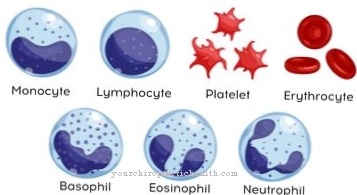

.jpg)

.jpg)
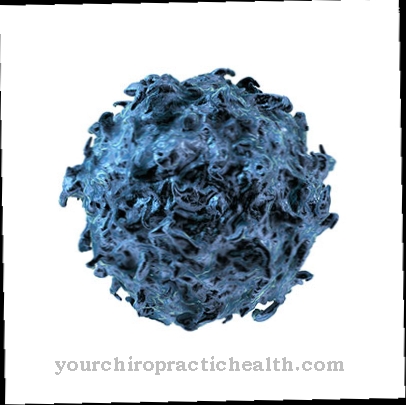

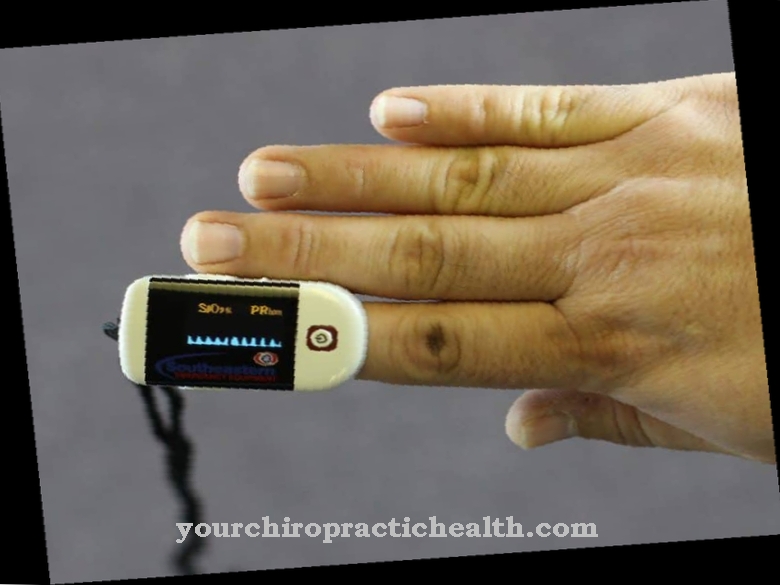



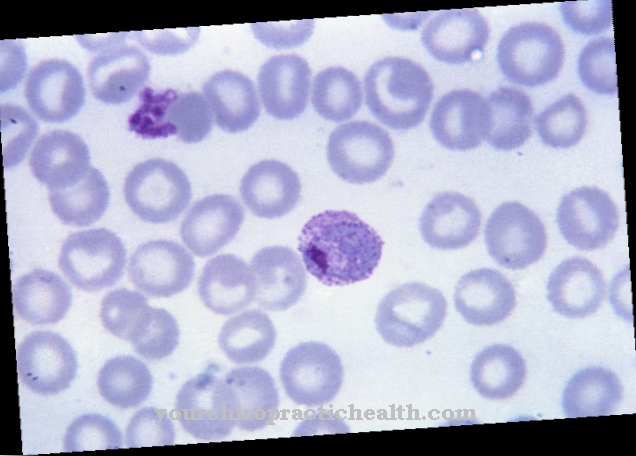


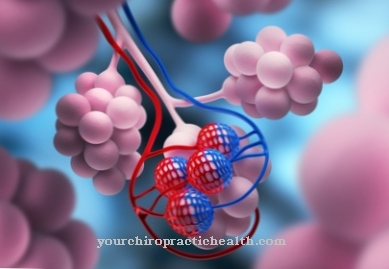

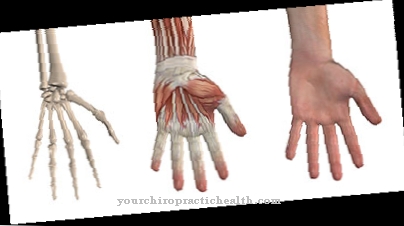






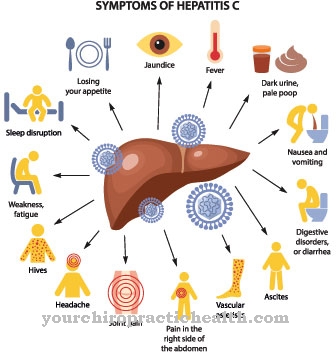
.jpg)


